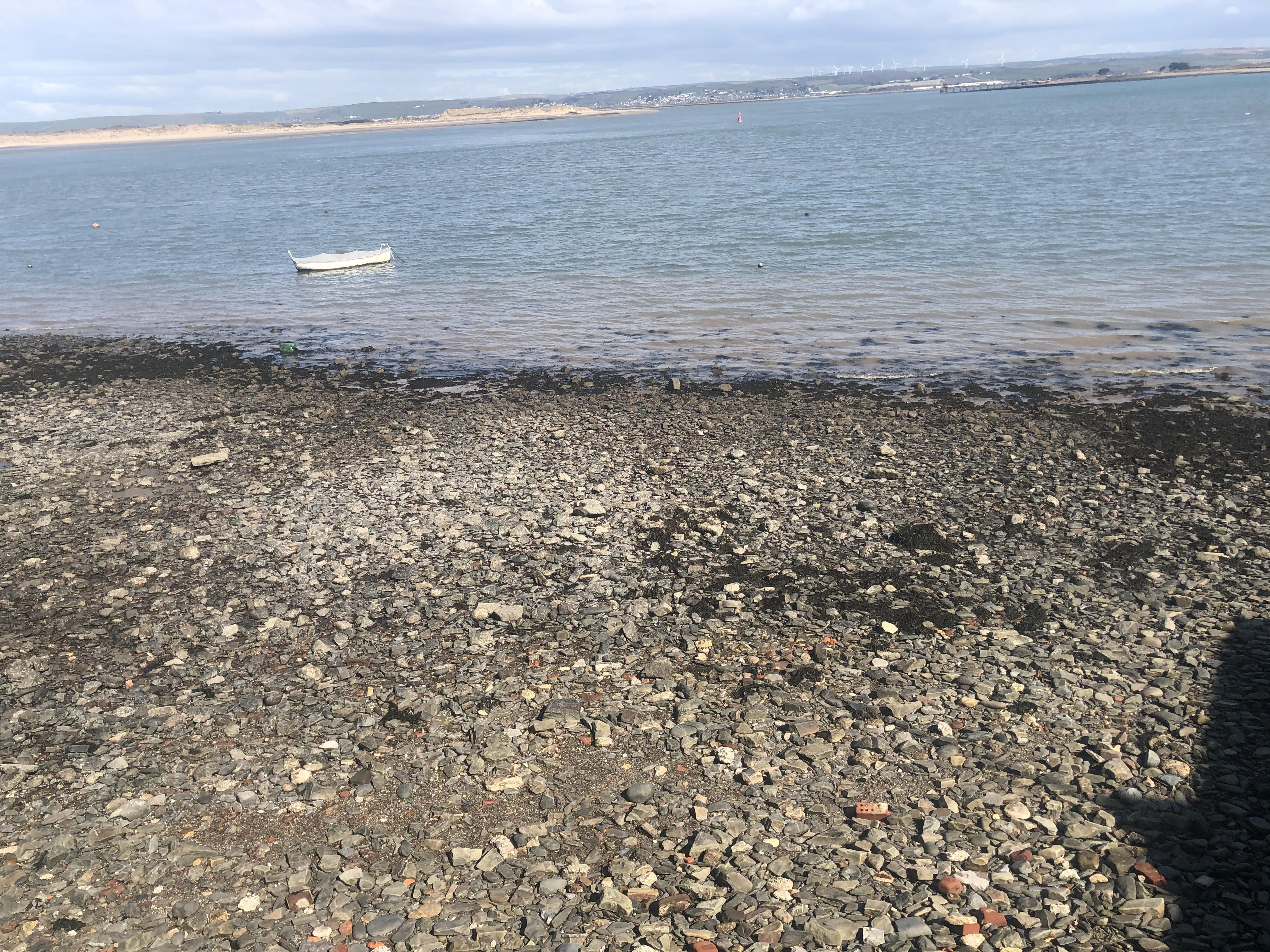Just over two weeks ago Patrick Vallance told the Today programme that the government’s strategy for fighting the Covid-19 outbreak was built around
herd immunity. This is a tried and tested method for managing outbreaks of infectious disease: once a sufficiently large proportion of the population has some form of immunity, acquired either through vaccination or surviving a disease, it becomes impossible for it to spread. Herd immunity worked for smallpox and it worked for measles - or at least it did until the anti-vaxxers decided that they would exercise their freedom of choice by refusing to immunise themselves or their children.
The problem with herd immunity acquired through infection is that it comes at a price: namely that, in this first epidemic (and be in no doubt that this is not the only outbreak of Covid-19 that we will endure), the disease runs riot and the mortality is substantial. A large number of at-risk people will die while the rest of the population is acquiring immunity. This is likely why, once the reality of what herd immunity implies had started to dawn on the population at large,
we have heard no more about it.
The alternative strategy is to do what China and, to a lesser extent, Israel have done. In China the state knows where you are, or more specifically, where your mobile phone is at any given time. It can prevent you attending subversive events, it can tell whether you really are off sick or have just decided to spend a lazy day in bed. It can tell immediately if you have decided to breach the curfew, send a drone to tell you off and deliver an on-the-spot fine.
In 1948, the government of Israel declared a state of emergency to enable it to manage the war that followed the founding of the nation; that state of emergency has been in place ever since. History has shown repeatedly that liberties surrendered, however noble the cause, may be a long time returning.
So there is both a medical and a philosophical reason why the authoritarian approach is not necessarily the answer.
Medically, fighting an epidemic by suppressing it through draconian restrictions of liberty achieves the opposite of herd immunity. It ensures that the majority of survivors have no immunity and so are at just as much risk next time around. Of course, the advocates of this approach are banking on the development of vaccines and other therapies for the management of the next epidemic. But a usable vaccine will almost certainly not be available by the time this disease comes back for an encore. Novel treatments based on anti-malarial drugs and antibiotics will also need to be evaluated in proper clinical trials. So, we will have to do the same again next time with the attendant risks to the economy and the fabric of society.
The philosophical question therefore is, in fighting this disease, what kind of society and economy do we want to leave to our children and grandchildren? To what extent are we prepared to throw the baby out with the bathwater?
Much has been written and said about how this is the greatest emergency facing our nation – indeed, the world –
since the Second World War. Then, more than 30 million people died fighting fascist ideology. There are few who question the justness of that struggle.
For centuries we have found no difficulty in asking young men and women to put their lives at risk in defence of our democracy, to say nothing of asking them to do so in pursuit of some often questionable economic and colonial aims. The difference this time is that it would be those of us in the last third of our lives being asked to bear the greatest risk as opposed to those who should still have decades of life ahead of them.
I strongly suspect that herd immunity has not disappeared from the agenda of the Cobra committee. I certainly hope that is the case because, when our children and grandchildren emerge blinking into the post-apocalyptic dawn I, for one, hope that the society into which they emerge is broadly-speaking the same as the one in which I have lived my life – not one that resembles the People’s Republic of China.
Jullien Gaer is a consultant cardiac surgeon


















